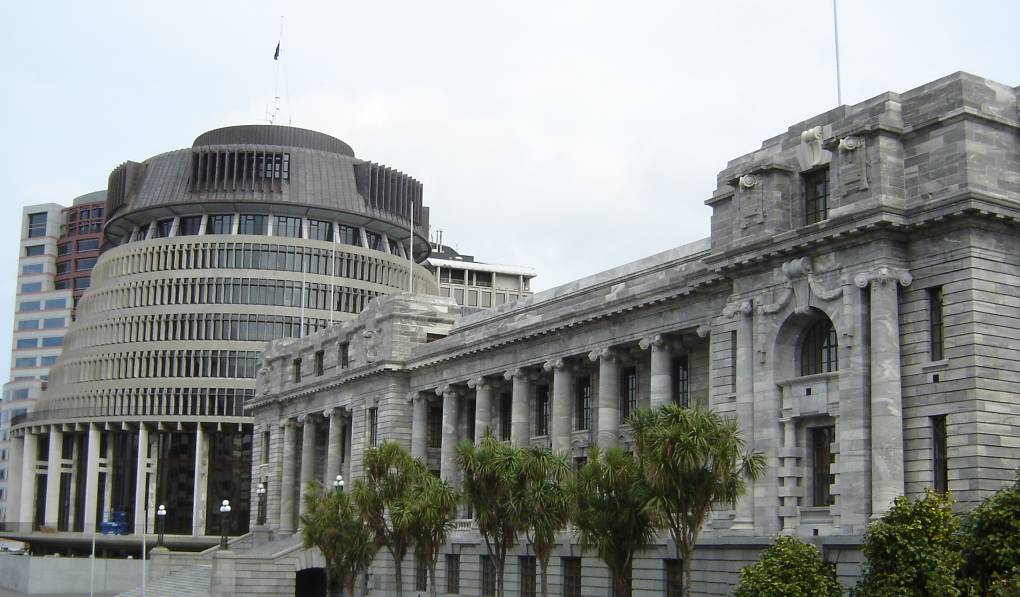Science, Innovation and Technology Minister Judith Collins is reported to have confirmed Te Ara Paerangi – Future Pathways won’t be continuing.
The news has not been recorded on the Government’s official website.
But The Post reports:
The Government is scrapping a major science reform plan, including a $450 million investment to turn Wellington into a ‘science city’, leaving the science community anxious about future funding.
Part of Te Ara Paerangi – Future Pathways was the ‘Wellington Science City’, previously described by the Ministry of Business, Innovation and Enterprise as “the Government’s largest ever capital investment in science infrastructure”.
The proposal looked to create three science hubs, one of them bringing together the likes of GNS Science, NIWA and Victoria and Massey Universities on climate change and disaster resilience. The second was to focus on health and pandemic readiness and the third was to be technology and innovation.
According to The Post, Ms Collins confirmed Te Ara Paerangi – Future Pathways would not be continuing “as I will be looking at other ways to optimise opportunities in emerging and existing research, such as space, aerospace and biotechnology”.
A raft of questions about the organisation of the country’s public science institutions and their financing is raised by the decision.
NZ Association of Scientists co-president Lucy Stewart said science in New Zealand was “pretty underfunded”.
“I don’t think you’ll find anyone who argued that we’re leading the charge in terms of science funding, and Te Ara Paerangi and the Wellington city science hubs, there was a plan for things to get better.
“Now it’s really a question of, what are we going to do with all that time and effort people put into it because they genuinely hoped that things would get better, is that just all going to go away?
“What we want to see is a positive direction towards research and science and New Zealand and some reassurance that there is a plan for fixing the huge systemic problems that we have.”
Dr Stewart noted that the funding for the National Science Challenge ends soon and many in the science community were feeling anxious. “People have just been stretched for years now.”
The Post report raised further questions about the funding of public science institutions when it noted that Callaghan Innovation has been asked to find 7.5% savings as part of the Government’s public service cost saving cuts.
Asked why Callaghan Innovation had been set 7.5% instead of 6.5%, the higher figure set for organisations that had grown 50% or more since 2017, Collins said she intended to “identify and implement changes that improve the efficiency of the entire science, innovation and technology sector with minimal disruption, while being cognisant of the fact we are operating in an extremely tight fiscal environment”.
Source: The Post












